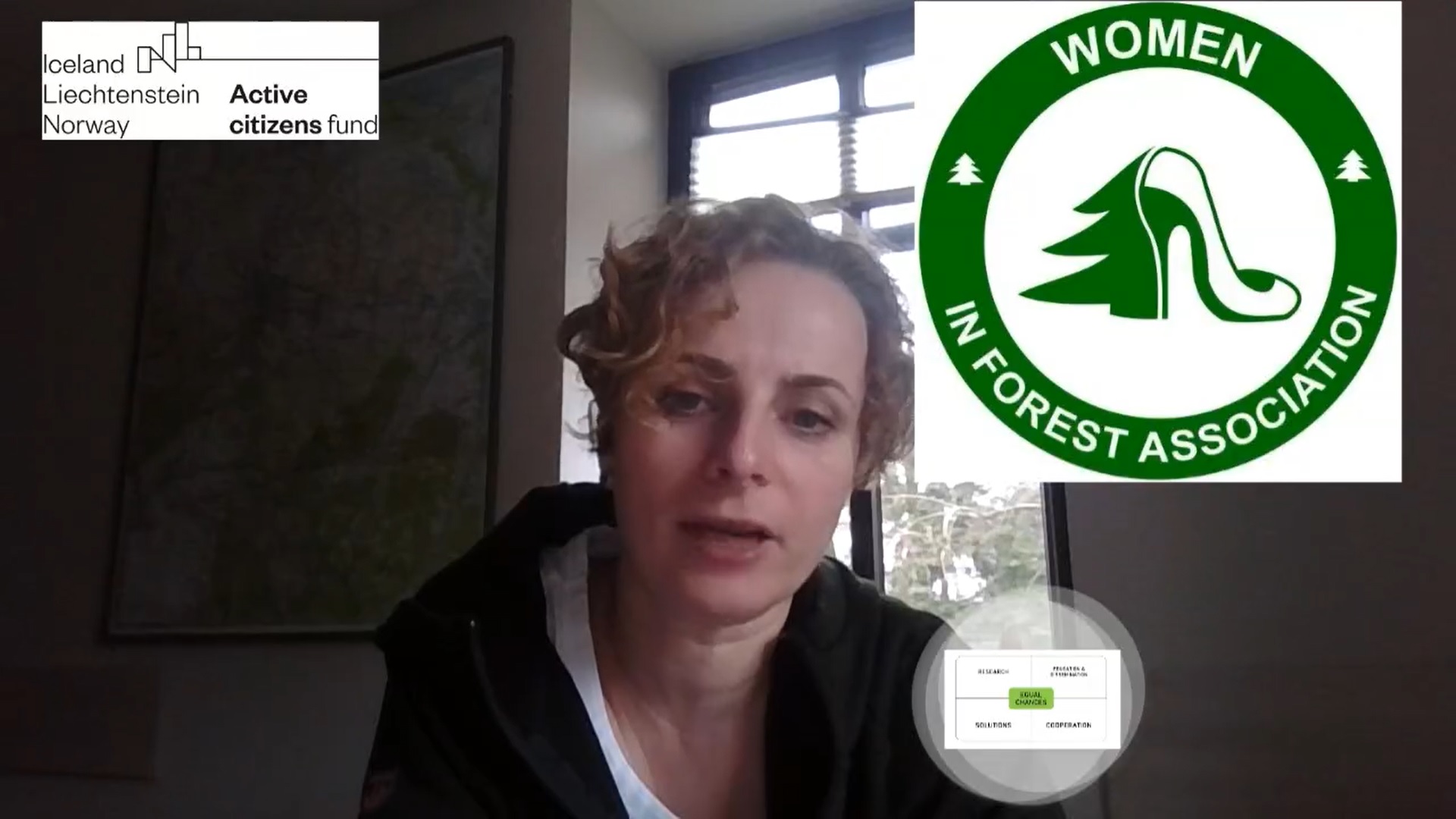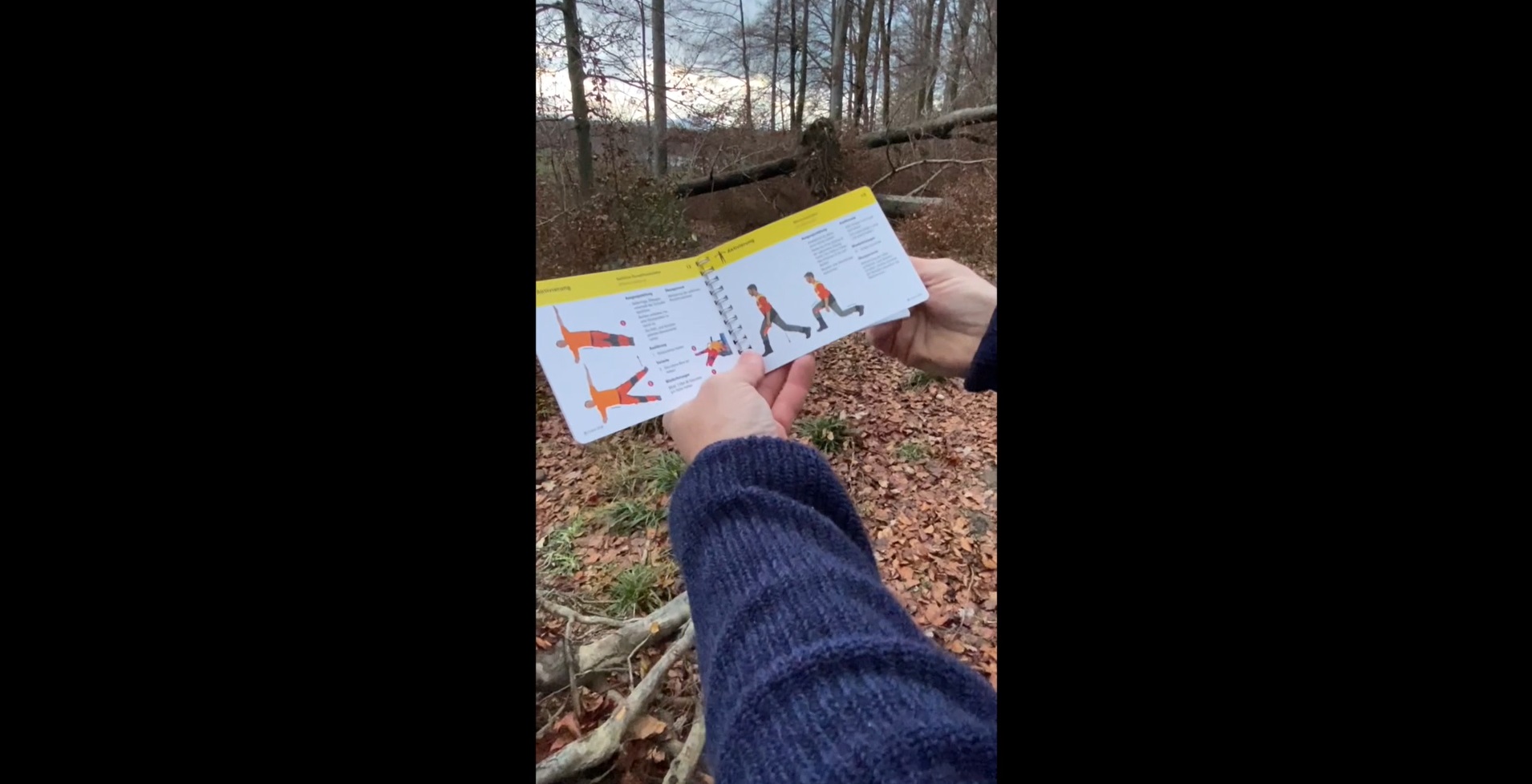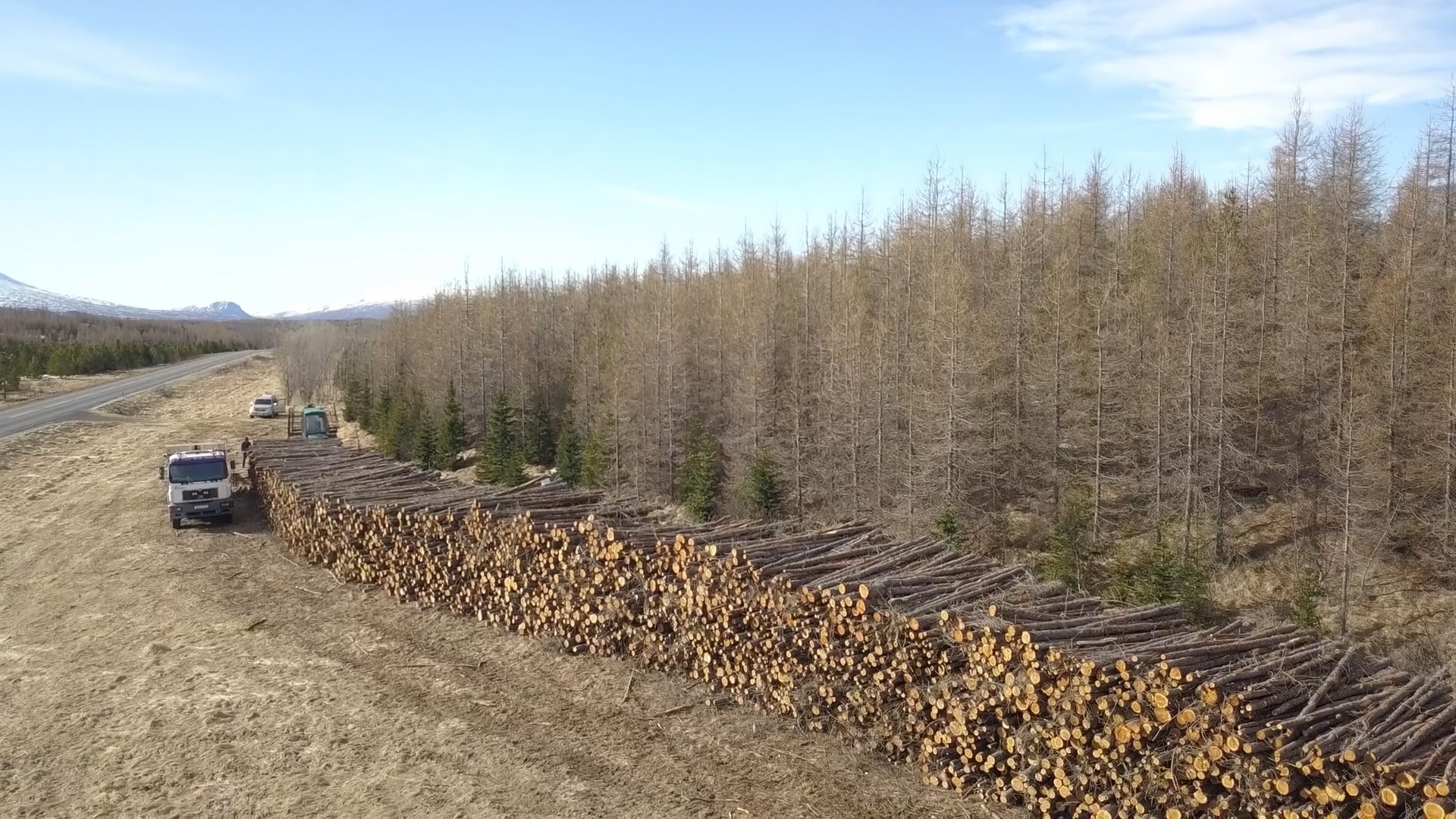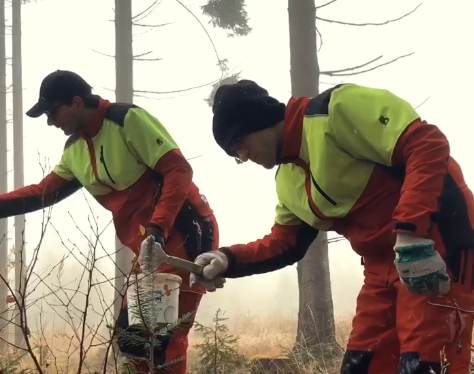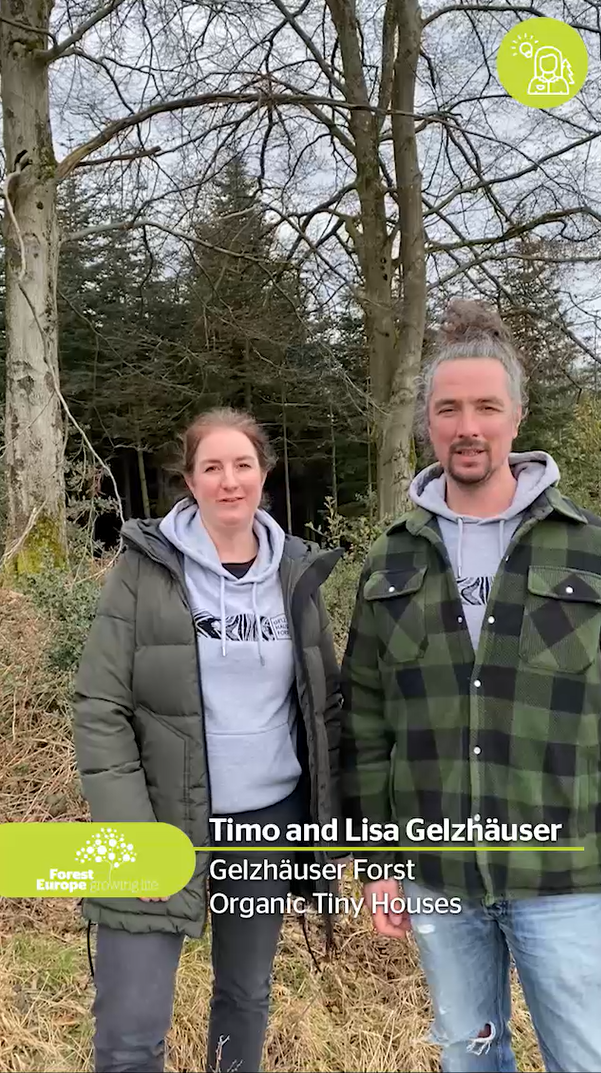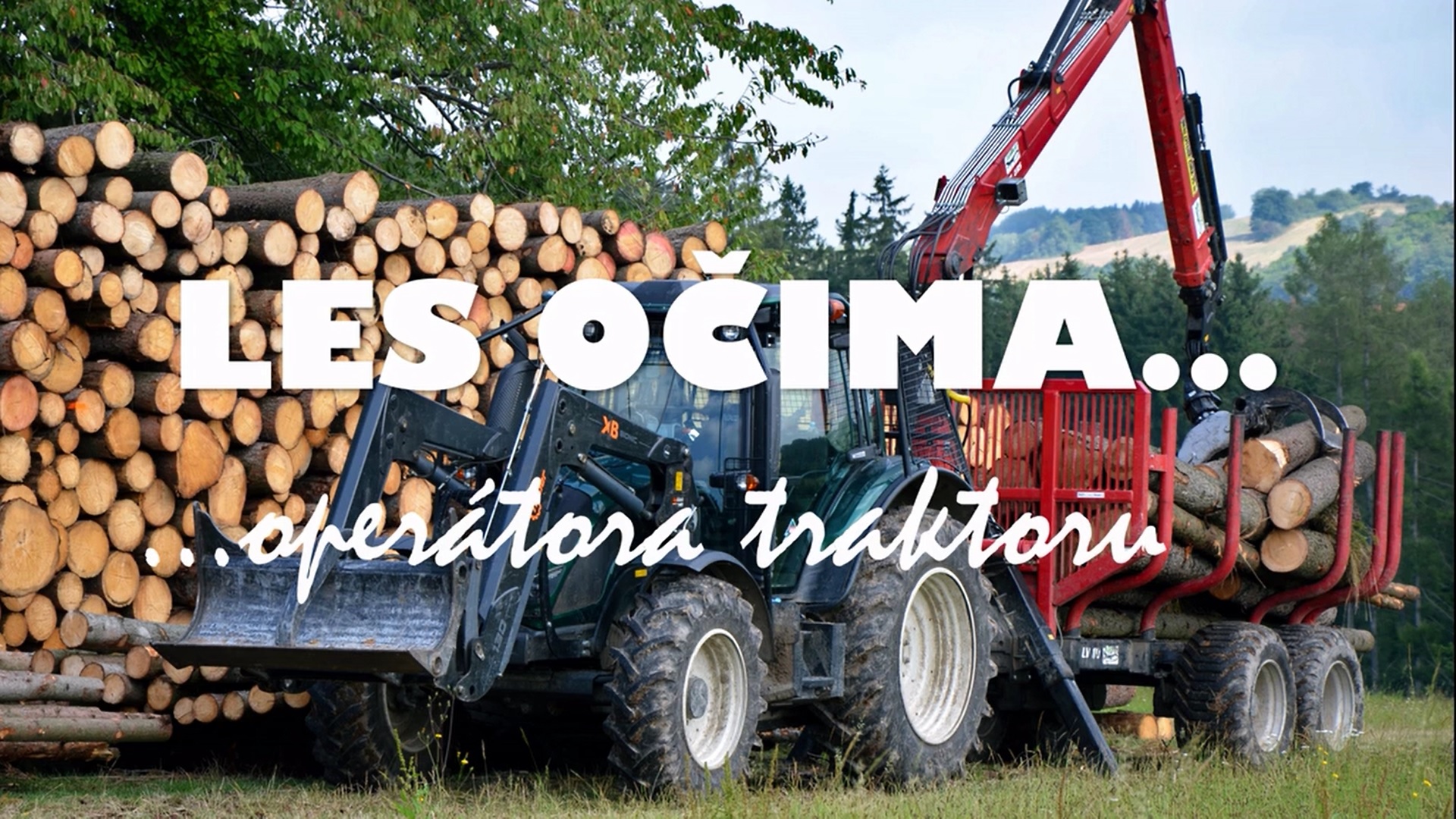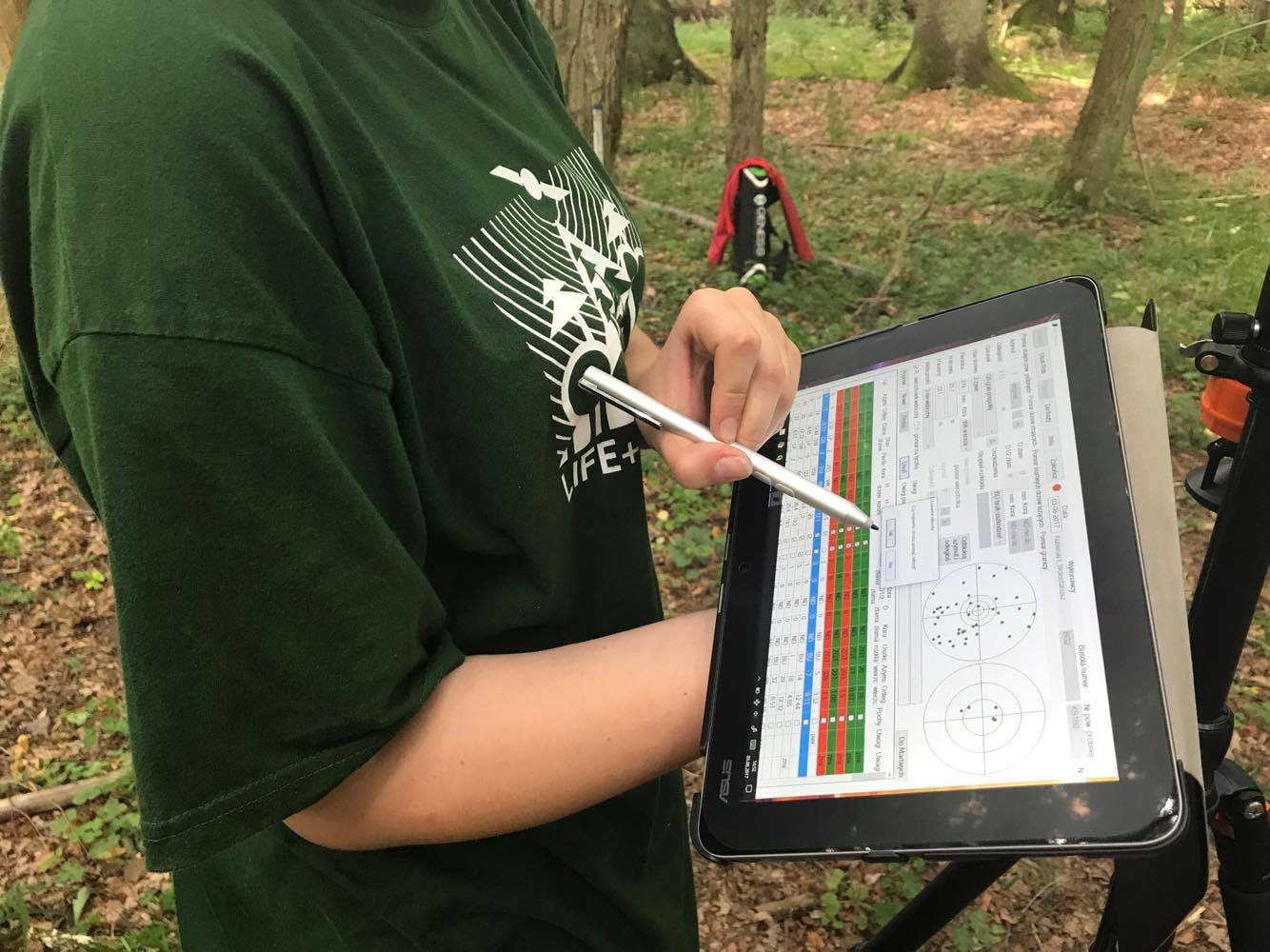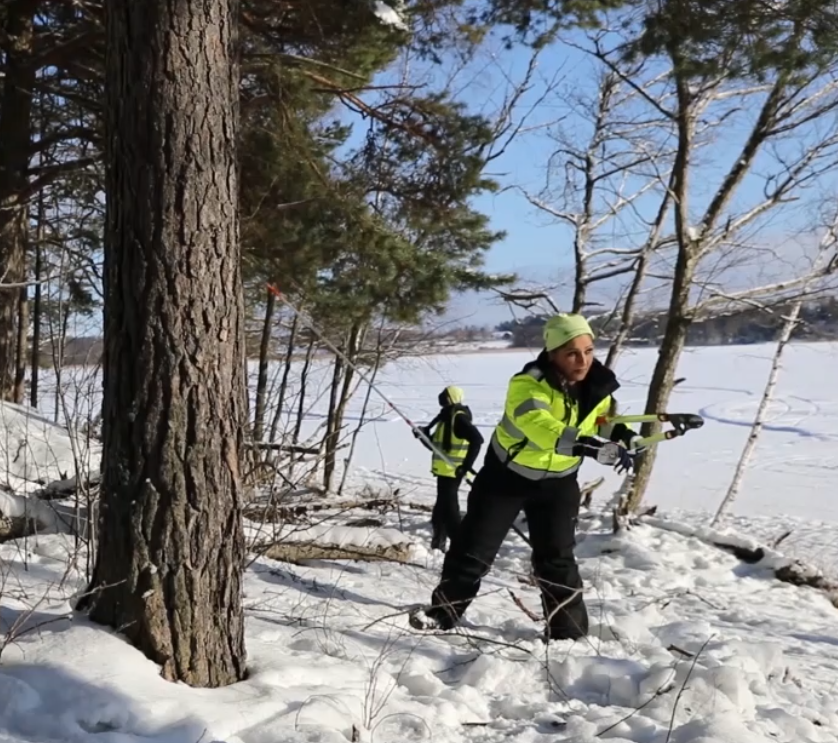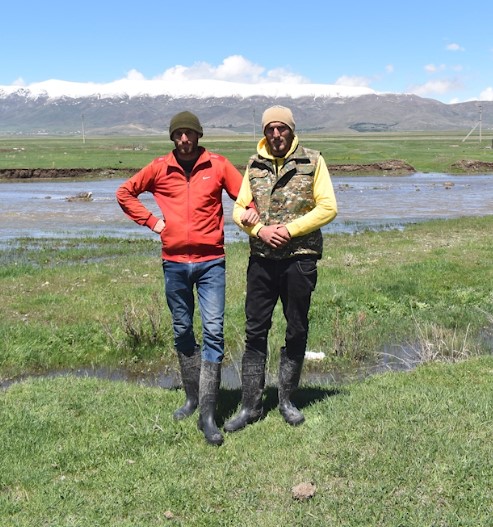The role of forests and forestry is changing rapidly and profoundly as an expanded vision of sustainable development within planetary boundaries takes hold around the world. This opens major opportunities for the sector, but also poses significant challenges. A motivated, skilled and enabled workforce will be critical, if the forestry sector is to seize the opportunities and meet the challenges.
In order to assist stakeholders in the forestry sector to successfully navigate the transition, UNECE, FAO and FOREST EUROPE jointly developed the Guidelines on the Promotion of Green Jobs in Forestry. The Guidelines include specific recommendations in five key areas for action. We have developed this page to further share experiences on implementation of the Guidelines, to collect concrete examples of best practices, and to attract more young people towards green jobs in the forestry sector.
NOVEL GREEN FOREST JOBS!

The Novel Green Forest Jobs campaign will start on the International Day of Forests (21.03.2024) and will run for some months. The main aim is to raise awareness about innovative Green Forest Jobs and spread the word about opportunities in the sector. We are targeting young mid-20s students/new graduates of both bachelor’s and master’s degrees in forestry or related fields. The campaign also addresses concerns about gender exclusivity as well as work location and conditions.
How does the campaign work? We will share short videos on our social media channels showcasing Novel Green Forest Jobs with the hashtag #novelgreenforestjobs. You are invited to Suggest Novel Green Forest Jobs until 16th February 2024 to us (liaisonunitbonn@foresteurope.org) which we can display, share our videos, or even tag your own Novel Green Forest Job directly once the campaign is running.
Be part of our campaign and show the world how awesome it can be to work in the forest sector!
The following are examples of initiatives that contribute to 1. collect data on the current workforce to enable evidence-based policy and decision making, 2. make efforts at a national level to improve the availability, reliability and representativeness of data related to the social aspects of sustainable forest management, 3. make use of modelling techniques to asses future demand and supply, 4. establish and maintain consultation and dialogue mechanisms on workforce development, or 5. formulate, adopt and implement national green jobs development strategies.
The following are examples of initiatives that help to 1. establish and maintain fora that allow dialogue and collaboration to detect evolving needs in the labour market and identify responses in education and skill development; 2. compile relevant working conditions information required for decent work with guidance on implementation in forestry and disseminate this widely among stakeholders; 3. strengthen the information base about occupational safety and health, 4. conduct work safely by contractors for people and the environment.
The following are examples of initiatives that help to 1. reduce the impact of job losses and industry changes on workers and communities, 2. produce new green and decent jobs, or 3. integrate provisions for just transition in the forestry sector into national plans and policies for the achievement of the Sustainable Development Goals and the national environmental and climate change action plans.
The following are examples of initiatives that 1. map non-traditional forest goods and services and unlock their potential; 2. promote sustainable forestry in rural communities; and 3. make use of new opportunities as an alternative career path for workers no longer able to carry out traditional forest work.
The following are examples of initiatives that 1. give priority to attracting high potential, in particular young, new entrants and new skills for the forestry sector; 2. meet decent work criteria and fit with the image of forestry as part of a green economy; and 3. Improve wages, working conditions and career prospects in the forestry sector and in occupations related to the green economy.
